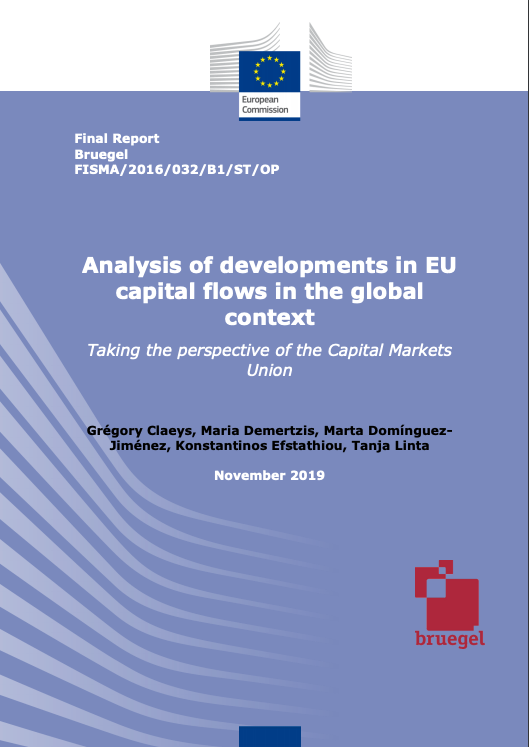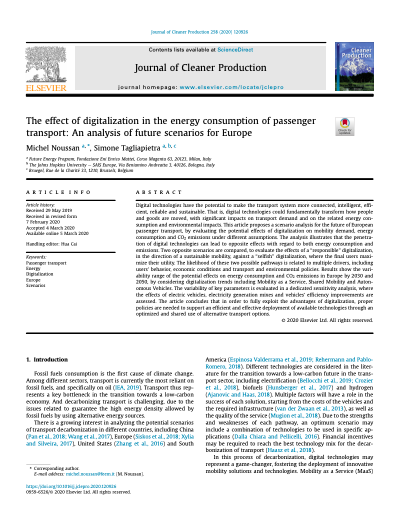Opinion
Integrity of official statistics under threat
Andreas Georgiou has unwittingly become an international icon for statistical integrity. His continuing politically-motivated persecution is highly damaging for Greece, and more broadly for the credibility and reputation of the euro area.
Andreas Georgiou, former head of the Hellenic Statistical Authority (ELSTAT), has become the public face of the global threat to the integrity of official statistics and statisticians. The facts of the case are well known. The International Statistical Institute, the American Statistical Association and multiple regional statistical bodies have decried the threat in their expressions of support for Georgiou. A recent petition collected over a thousand signatures, including from nine Nobel laureates in economics.
Georgiou has been convicted for “violation of duty” for not submitting ELSTAT’s final figures on the 2009 budget deficit for approval by a politically appointed board. Given what is known of the views held by that board’s members, seeking its approval would surely have led to misleading figures. Instead, he followed the European Statistics Code of Practice, which assigns “sole responsibility” to heads of national statistical institutes (NSIs), such as ELSTAT, for their data production and dissemination. The appeals court conviction, upheld by the Supreme Court, ignored the fact that the European Statistics Code of Practice had been explicitly endorsed under Greek law before Georgiou took up his post. The irony is that successive Greek governments, while claiming to stand aside from the prosecutions of Georgiou, have used the same figures and statistical methodologies to justify financial support and now debt relief from their European partners. Unfortunately, European leaders have largely refrained from bringing pressure on Greek politicians to stop damaging the reputation of Greece and the European Union.
Reliable official statistics are essential building blocks of sound economic policy. Budget projections inevitably contain a combination of revenue and expenditure estimates and a dose of politics. Budget outcomes, as recorded in official statistics, however, are different. They must be accurate and above suspicion of political manipulation. They are crucial to the transparency and democratic accountability of governments. They are critical to the functioning of market activity, saving and investment, and thus to growth, employment and prosperity. Concerns about political manipulation of statistics are especially relevant for the euro area, where joint economic policies rely critically on the accuracy of national statistics on economic growth, budget outcomes, and sovereign debt, which are aggregated (but not compiled) by Eurostat, a department of the European Commission.
Moreover, prudent lenders in international financial markets rely on the integrity of national statistics to make investment decisions; less confidence in that integrity translates into higher borrowing interest rates for the government as well as the private sector. The case of past inflation statistics in Argentina illustrates the damage that politically motivated statistical manipulation can do to a country’s international reputation and access to markets, as well as to its economic prospects more broadly.
Georgiou’s case exposes the inadequacy of the existing safeguards in Europe’s policy on official statistics. The EU system is failing the most basic test of its ability to deter political pressures on official statistical production, with potential chilling effects on official statisticians in other member-states and more widely in countries around the world. For example, the process for compiling the all-important decennial census in the United States is in danger of political manipulation by the addition of a question about citizenship in the 2020 census, which could discourage non-citizens from participating. Everywhere, a major source of potential political pressure on statistical agencies is via constraints on their budgetary funding, which is controlled by national parliaments.
The multiple criminal and civil prosecutions against Georgiou have already damaged Greece’s international reputation by raising doubts about its sustained capacity and willingness to produce reliable official statistics. Greece will feel consequences if it seeks to return to international markets without reversing this damage. More broadly, Greece will not achieve the long-lasting growth, stability and prosperity that it wants without establishing trust in its official statistics, which cannot be achieved as long as Georgiou’s persecution continues.
The damage extends beyond Greece. EU leaders and institutions have underestimated how much the case of Georgiou is harming the reputation of the euro-area policy framework, which relies heavily on economic statistics from its member-states. The persecution of Andreas Georgiou must end. And Greece and the EU must ensure that similar cases never happen in the future.
Republishing and referencing
Bruegel considers itself a public good and takes no institutional standpoint.
Due to copyright agreements we ask that you kindly email request to republish opinions that have appeared in print to [email protected].















